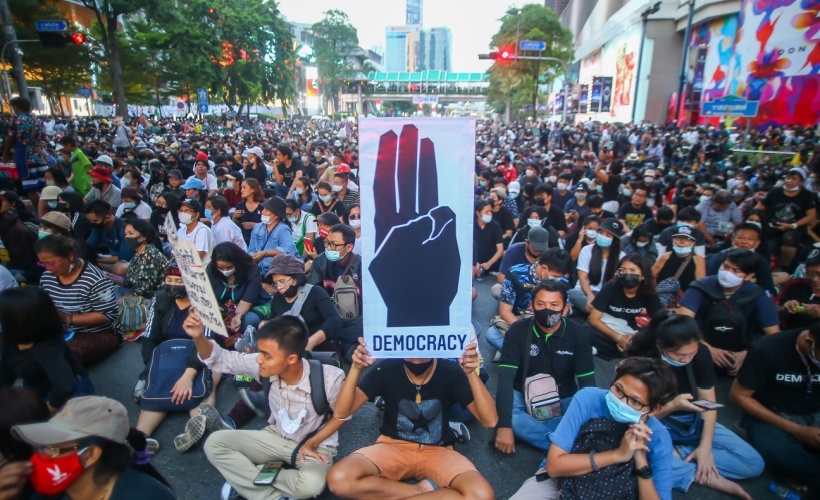Eminent scholars from Japan discuss the relationship between domestic political institutions and the evolution of Japanese security policy.
For several decades following the Second World War, Japan maintained a notably passive posture in terms of security, focusing on deploying military forces—specifically the Japan Self-Defense Forces (SDF)—solely for the defense of its own borders, with no consideration for dispatching SDF units overseas. However, Japan’s posture gradually shifted with the end of the Cold War, marked by increased involvement of the SDF in international activities. After the end of the Gulf War, Japan began contributing the SDF to participate in UN Peacekeeping Operations. During the War on Terror, the SDF provided rear support activities for multinational forces. Then, in 2015, Japan legislated security legislation that paved the way to exercise the right of collective defense. In 2022, Japan adopted a new security strategy and unveiled plans to deploy long-range cruise missiles to bolster its counterattack capabilities.
While many scholars attribute this shift to changing international dynamics in East Asia, it’s crucial to underscore the significant role played by domestic political institutions. While acknowledging the influence of external factors, the panel highlights how Japanese domestic factors contributed to changing Japanese security policy from various aspects. By examining changes in the Japanese political structure since the 1990s, the panel sheds light on the relationship between domestic political institutions and the evolution of Japanese security policy.
Speakers:
Professor Satoshi Machidori is Professor of Political Science at the Graduate School of Law and the School of Government, Kyoto University. He graduated from the Faculty of Law, Kyoto University in 1993, and earned his M.A. degree from the University of Wisconsin-Madison in 1997 and Ph.D. degree from Kyoto University in 2003. His research focus is on comparative institutional analysis.
Professor Harukata Takenaka is Professor of Political Science at the National Graduate Institute for Policy Studies (GRIPS) in Tokyo. He holds a PhD from Stanford University and a Bachelor of Laws from the University of Tokyo. His key research areas are the role the prime minister in Japanese politics, changes in Japanese external policy, and democratisation in pre-war Japan.







